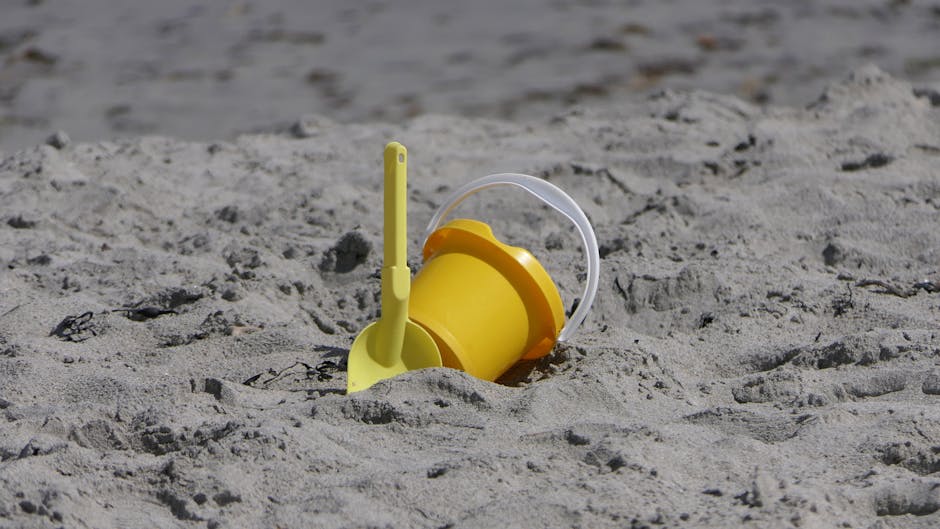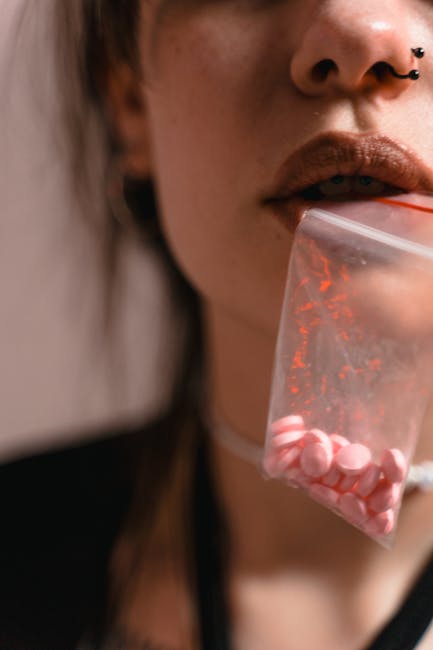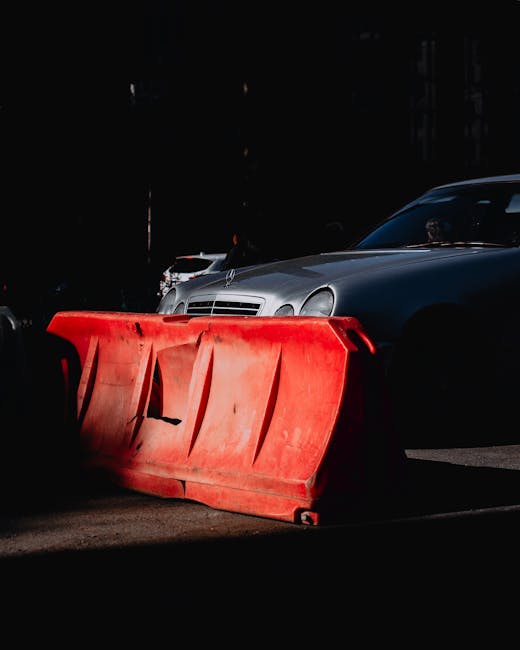10 Silent Killers: Kidney Damage Causes You Absolutely Need to Know #kesehatan #sehatalami

10 Silent Killers: Kidney Damage Causes You Absolutely Need to Know #kesehatan #sehatalami
Our kidneys. Those unsung heroes working tirelessly behind the scenes, filtering waste and maintaining the delicate balance within our bodies. We often take them for granted, until something goes wrong. But what exactly are the things that can throw these crucial organs into disarray? Buckle up, because we're diving into ten of the most common, and sometimes surprising, culprits behind kidney damage.
1. High Blood Pressure: The Silent Pressure Cooker

Imagine your kidneys as delicate filters. Now imagine blasting those filters with excessive pressure, day in and day out. That's essentially what high blood pressure (hypertension) does. Over time, this constant pressure damages the blood vessels in the kidneys, hindering their ability to filter waste effectively. It's like trying to run a marathon with your lungs constantly strained – eventually, something's gotta give.
The takeaway: Regularly monitor your blood pressure and work with your doctor to manage it through lifestyle changes or medication if needed. Think of it as preventative maintenance for your internal plumbing.
2. Diabetes: Sweetness with a Bitter Aftertaste

Diabetes, particularly when poorly managed, is a major player in kidney disease. High blood sugar levels can damage the tiny blood vessels in the kidneys (diabetic nephropathy), leading to impaired function. It's like pouring sugar into a fine-tuned engine – not exactly a recipe for longevity. The good news is that managing your blood sugar can significantly reduce the risk. Think of it as giving your kidneys a sugar-free holiday!
The takeaway: Strict blood sugar control is key. This includes regular monitoring, healthy eating, and medication as prescribed by your doctor. It's an investment in your long-term well-being, and your kidneys will thank you for it.
3. Overuse of NSAIDs: Pain Relief with a Price

Nonsteroidal anti-inflammatory drugs (NSAIDs) like ibuprofen and naproxen are go-to pain relievers for many. But popping these pills regularly can put a strain on your kidneys. They reduce blood flow to the kidneys, which can lead to damage, especially in individuals with pre-existing kidney problems or dehydration. It's like borrowing money from your future health – sometimes necessary, but with potential consequences if overdone.
The takeaway: Use NSAIDs sparingly and always follow the recommended dosage. Consider alternative pain management strategies like physical therapy or heat/cold therapy. If you have kidney problems, talk to your doctor about safer pain relief options. Think "everything in moderation", including pain relief!
4. Chronic Dehydration: The Kidney's Worst Nightmare

Your kidneys need water to function properly. Chronic dehydration forces them to work harder to filter waste, which can lead to damage over time. Imagine trying to wash dishes with just a few drops of water – it's not going to be very effective, and it'll probably wear you out! Dehydration can also contribute to kidney stone formation, further damaging the kidneys.
The takeaway: Drink plenty of water throughout the day, even if you don't feel thirsty. A good rule of thumb is to aim for at least eight glasses of water per day, and more if you're active or live in a hot climate. Monitor your urine color – it should be pale yellow, not dark amber. Hydrate or diedrate…(okay, maybe not die, but definitely feel less than awesome).
5. Frequent Urinary Tract Infections (UTIs): The Infection Invasion

UTIs are common, but frequent or untreated UTIs can lead to kidney infections (pyelonephritis). These infections can cause inflammation and scarring of the kidneys, potentially leading to chronic kidney disease. It's like a persistent wildfire slowly consuming the forest. Prompt treatment is crucial to prevent long-term damage.
The takeaway: Seek medical attention promptly if you suspect a UTI. Drink plenty of fluids and practice good hygiene to prevent UTIs. For women, wiping front to back after using the toilet can significantly reduce the risk. Listen to your body, don't ignore the fire alarm!
6. Certain Medications: The Unintended Consequences

Some medications, besides NSAIDs, can be toxic to the kidneys. These include certain antibiotics, chemotherapy drugs, and contrast dyes used in imaging procedures. While these medications are often necessary for treating other conditions, they can put a strain on the kidneys. It's a balancing act – weighing the benefits of the medication against the potential risks to your kidneys.
The takeaway: Always inform your doctor about all medications you're taking, including over-the-counter drugs and supplements. Discuss the potential risks and benefits with your doctor, especially if you have pre-existing kidney problems. Be your own advocate for your health!
7. Glomerulonephritis: The Kidney's Internal Battle

Glomerulonephritis is a group of diseases that cause inflammation and damage to the glomeruli, the tiny filtering units in the kidneys. This can be caused by infections, autoimmune diseases, or genetic conditions. It's like an internal war raging within the kidneys, disrupting their normal function. Early diagnosis and treatment are crucial to minimize damage.
The takeaway: See a doctor if you experience symptoms such as swelling, high blood pressure, or blood in your urine. Early diagnosis and treatment can help prevent permanent kidney damage. Listen to your body's signals – it's often the first line of defense.
8. Polycystic Kidney Disease (PKD): The Genetic Time Bomb

Polycystic kidney disease (PKD) is a genetic disorder that causes cysts to grow on the kidneys. These cysts gradually replace normal kidney tissue, leading to kidney failure. It's like a slow-motion demolition of the kidneys, driven by your genetic blueprint. While there's no cure, early diagnosis and management can help slow the progression of the disease.
The takeaway: If you have a family history of PKD, talk to your doctor about genetic testing. Early diagnosis and management can help slow the progression of the disease. Knowledge is power – especially when it comes to genetic predispositions.
9. Obstructions: The Blockage Blues

Obstructions in the urinary tract, such as kidney stones, tumors, or an enlarged prostate, can block the flow of urine and damage the kidneys. The backed-up pressure can cause swelling and scarring of the kidneys. It's like a traffic jam in your internal plumbing system - everything grinds to a halt and eventually things start to break down.
The takeaway: Seek medical attention if you experience symptoms such as pain in your side or back, difficulty urinating, or blood in your urine. Early diagnosis and treatment can prevent permanent kidney damage. Don't let things get backed up – literally!
10. Excessive Protein Intake: The Kidney Overload

While protein is essential for a healthy diet, excessive protein intake can put a strain on the kidneys, especially in individuals with pre-existing kidney problems. The kidneys have to work harder to filter the waste products of protein metabolism. It's like making your engine work in overdrive all the time – it's going to wear it out quicker.
The takeaway: Consume a balanced diet with adequate protein, but avoid excessive amounts. Consult with a registered dietitian to determine your optimal protein intake based on your individual needs and health status. Remember, balance is key – even when it comes to protein.
In conclusion, kidney health is paramount to overall well-being. By understanding these potential causes of kidney damage, you can take proactive steps to protect your kidneys and maintain optimal health. Prevention is always better than cure, so prioritize a healthy lifestyle, stay hydrated, and consult with your doctor regularly. Your kidneys will thank you for it!